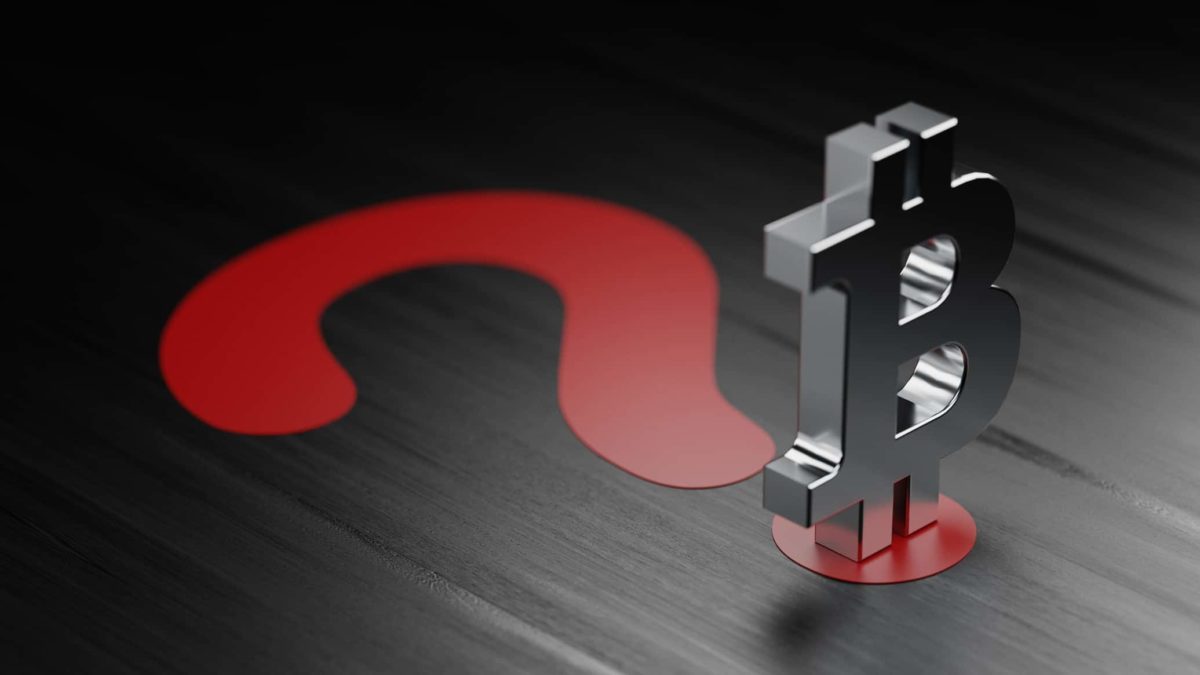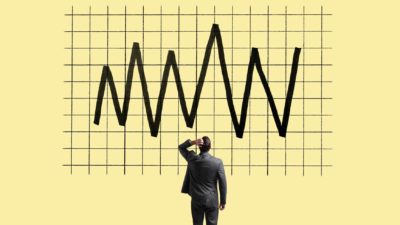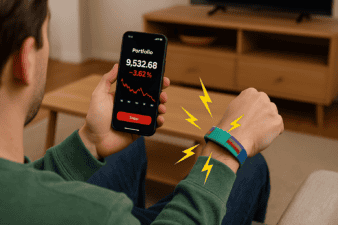I was going to write about something else today.
Then came the news that Tesla Inc (NASDAQ: TSLA) had bought $2 billion worth of Bitcoin.
The price of Bitcoin surged.
The Tesla share price rose.
The internet chat rooms and social networks melted down.
I was asked to speak about it on Sky News and on Triple M Perth.
I was asked about it on social media.
… and so I'm writing about Bitcoin.
Truth be told, it's a double-edged sword.
Bitcoin is truly fascinating, as a phenomenon.
It is emblematic – both of itself, but also because of how it's been embraced – of so much of our modern world.
It is the first truly widespread digital, well, thing.
And I use that word advisedly because we're already getting into controversial territory.
What is Bitcoin, anyway?
Is it a currency? Sort of.
An asset, like digital gold? Sort of.
Is it both? Yes. And no. Because it depends on who you ask.
And that, at its core, is the challenge of Bitcoin.
It is a digital thing, but it's almost as much a belief system for many of those who count themselves among the Bitcoin faithful.
There are anarchists who see it as a way to avoid government.
There are libertarians with much the same view.
There are those who see its features – portability, security, opacity and distributed record-keeping, among others – as, well, just better than what we have now.
The underlying technology is, of course, the thing called the 'blockchain' – an accounting ledger, of sorts, that is both distributed and replicated across the internet, meaning the record of who owns what should be much safer, because multiple systems need to confirm each transaction.
So there are the people who say 'I get blockchain, but not Bitcoin itself', and just as many people who say you can't have one without the other.
And then, there are the speculators: the people who remind us that there can never be more than a given number of Bitcoins, so if it does become truly and permanently mainstream, the price will continue to go up as more and more of us want to buy Bitcoins to do our business.
Which brings us back to Tesla.
Truly, are there two larger, more prominent lightning rods than Tesla and Bitcoin?
Together, they make for the stuff of a headline writer's dream.
Which is as it may be, but this isn't Elon Musk sending a tweet into the ether.
He's ponied up $2 billion (well, Tesla has) to buy Bitcoin. And the company has said it plans to allow people to buy Tesla cars with same.
The company likely knew people would find and report on the news, but it didn't go out of its way to make a song and dance about it. Deep in a regulatory filing, Tesla noted that it bought the Bitcoin for "more flexibility to further diversify and maximise returns on our cash" and said it expects to "begin accepting bitcoin as a form of payment for our products in the near future, subject to applicable laws and initially on a limited basis, which we may or may not liquidate upon receipt".
Love him or loathe him, though, Musk is no dummy.
Sure, it could be a publicity stunt (if it is, it worked!).
And sure, it could be a Musk misfire, in the fullness of time.
But betting against Musk has rarely worked, at least over the long term.
It's why many are painting the news as Bitcoin's arrival on the main stage, especially coming relatively soon after PayPal announced it would start accepting Bitcoin on its platform.
The problem, for the investor, is this: None of the above helps us work out how much Bitcoin is actually worth.
If popularity was all that mattered, the US Dollar should have risen astronomically over the last 150 years as it became the de facto global currency.
(Yes, yes, the Bitcoin faithful will point to inflation and money printing. And you know what… they might even be right.)
But here's the thing: I still am unconvinced that Bitcoin has any actual underlying value, even if it becomes a currency.
After all, a $20 note isn't really worth $20 in any material way. Instead, it gives us a way to swap one hour of labour for one pizza.
In the US, that swap might be worth $10, given lower wages and lower prices.
The pizza isn't objectively worth either $10 or $20 – the market has just decided to use a given banknote to equate the work and the food.
Maybe, after all this, even if we do end up using Bitcoin, that's all the value it has… as a medium of exchange.
Or maybe not.
(Full disclosure: I bought $100 worth of Bitcoin a few years back just to have some 'skin in the game' and to help me follow the story. I still have those fractional Bitcoins.)
If there's one thing I want you to take from this, it's that I don't know, you don't know and they don't know either.
Is Bitcoin the personal computer or the laserdisc of commerce?
To use an airline analogy, if you'd have placed a bet in 1970, based on the exponential growth of air travel over the following 50 years, you probably would have gone broke 3 or 4 times over.
Not because your insight was wrong, but because airlines weren't able to make a buck from it.
Then again,… airports made a small fortune.
See, even if the true believers are right, is Bitcoin the airline? Or is it the airport?
There's no doubt that recent news makes it more likely that Bitcoin hangs around.
But that's not enough. As I tweeted this morning:
A reminder:
Sometimes the evangelists are right.
Other times, they're blinded by their beliefs and he really is just a very naughty boy.
The problem is that telling the difference, in advance, is bloody tough.
Don't drink the Kool-Aid, but don't pull down the shutters, either.
Bottom line: It's okay not to know.
It's okay to leave things like Bitcoin in the too hard basket.
After all, you don't bet on every horse in every race, just because you can.
For now, at least, I'm watching this one from the sidelines.
Fool on!









